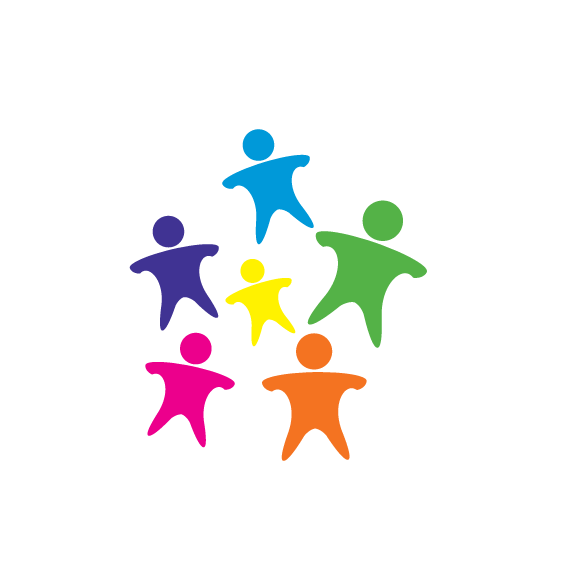ACES
Adverse Child Experiences (ACE’s) and Trauma
In this section, you can find information about where to get help and advice around children who are or have experienced trauma in their lives. This could include a number of things that would make a child feel upset, stressed and worried, such as:
- Parents separating or a parent being in prison so not around to care
- Parents and family members drinking too much or taking drugs
- Parents and family members having poor mental health
- Parents arguing a lot which may have got worse and become abusive
- Being abused themselves, physically, emotionally or not being cared for properly
Links to local and national sources of support are shown below. Many of these will show how you can get in touch if you need to talk to someone. Remember that you can also call into one of the Community Lounges or Family Hubs who will try to help you or put you in touch with the right organisation. You can find these by clicking on the links below.
Community Lounges Community Lounge (stoke.gov.uk)
Family Hubs Family Hubs | Family Hubs | Stoke-on-Trent
Local organisations in Stoke-on-Trent and North Staffordshire
To discuss whether a child/family might benefit from Early Help, please contact the Stoke-on-Trent Family Hub Early help – Family Hub (stoke.gov.uk)
If you are a parent, please take a look at the Early Help Guide for Families
The Community Directory provides information on local organisations that can help with childhood trauma in Stoke-on-Trent Stoke-on-Trent Community Directory
Links to national websites
An introduction to Adverse Childhood Experiences Early Trauma Online Learning: ACEs
NSPCC: Understanding child brain development
UK Trauma Council resource on childhood trauma: Childhood trauma and the brain
Support for, young people and their families who are impacted by having a parent in prison can be found here: Children Heard and Seen
Toolkit
When children are exposed to adverse and stressful experiences, it can have a long-lasting impact on their ability to think, interact with others and on their learning. Those who experience four or more ACEs are statistically more likely to suffer negative outcomes such as heart disease, imprisonment and health-harming behaviours like heavy drinking, and these can persist throughout adult life.
Preventing negative and traumatic childhood experiences wherever possible is key in reducing the impact of ACEs. However, on an individual level, negative outcomes are not inevitable and much can be done to help children who have experienced trauma to recover.
The following tools may help if you are working with, or know a child or family who is affected by adverse childhood experiences:
Oxford Brain Story - videos, resources and more
Addressing Adversity from YoungMinds - book and poster/infographic
Find information on Trauma informed teaching from the Teacher's Toolkit: Are You Trauma Informed?
Find out about trauma informed practice in Stoke on Trent and Staffordshire by clicking here: Trauma Informed Practice
The Adversity and Trauma resource library can be found here: Adversity and Trauma resource library
